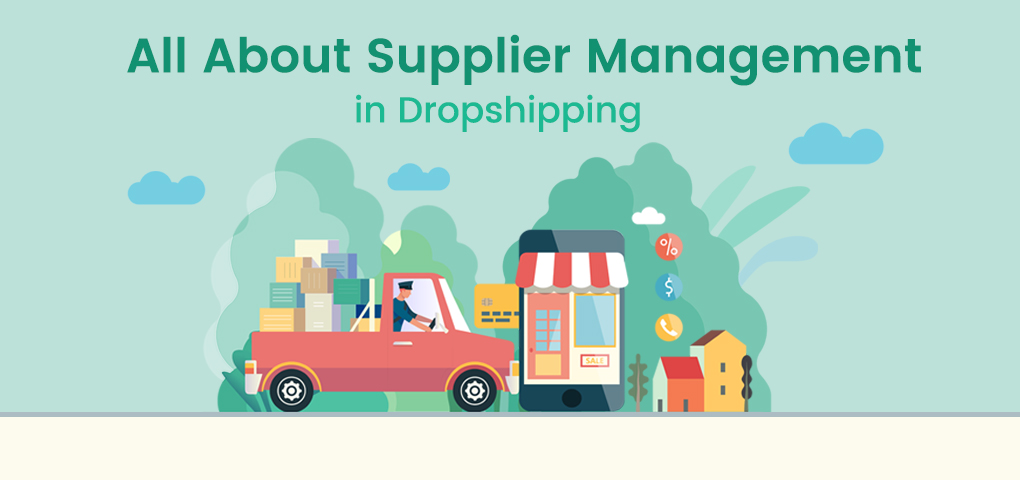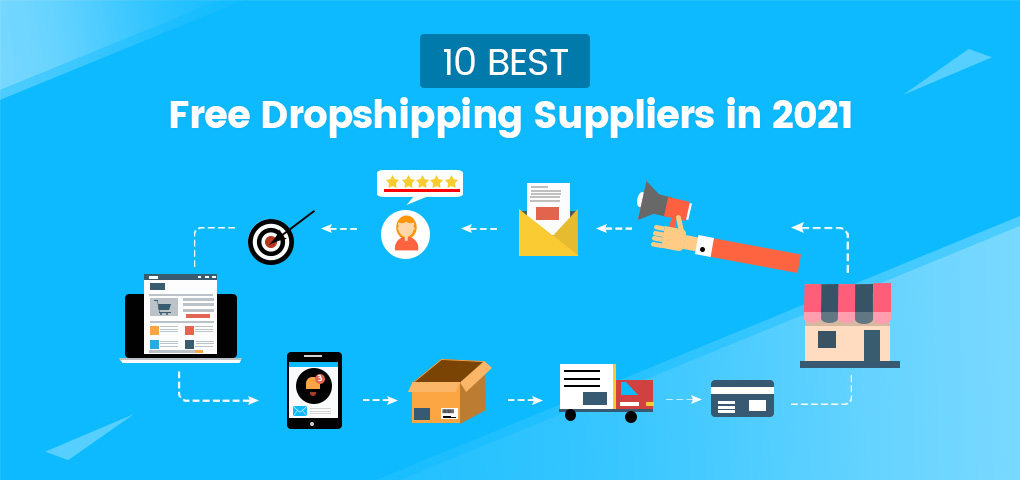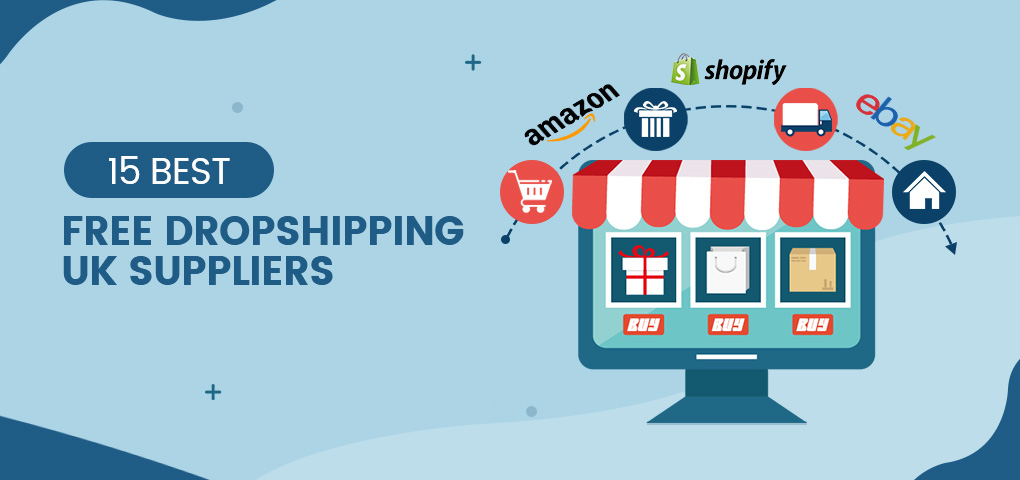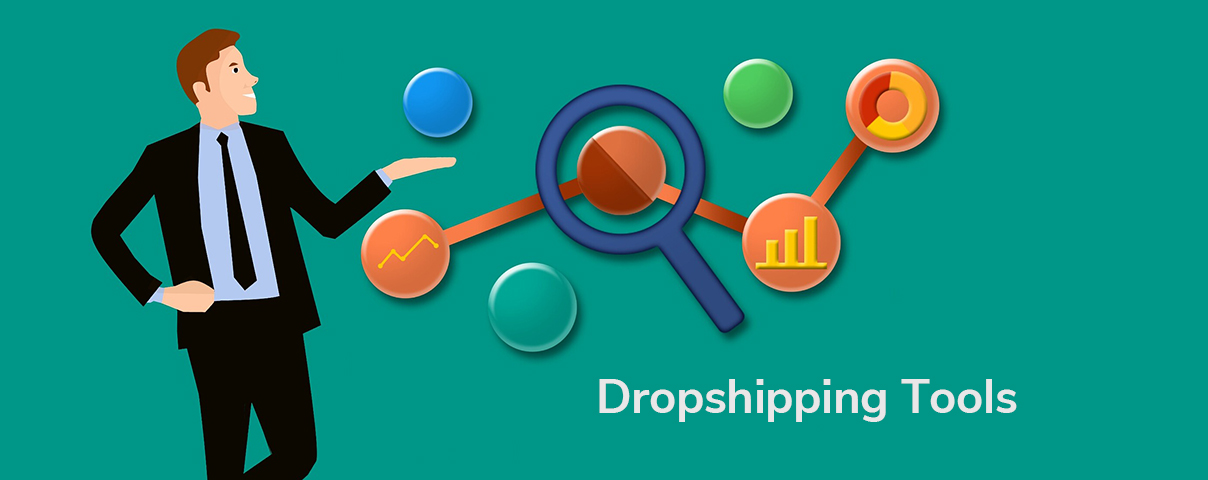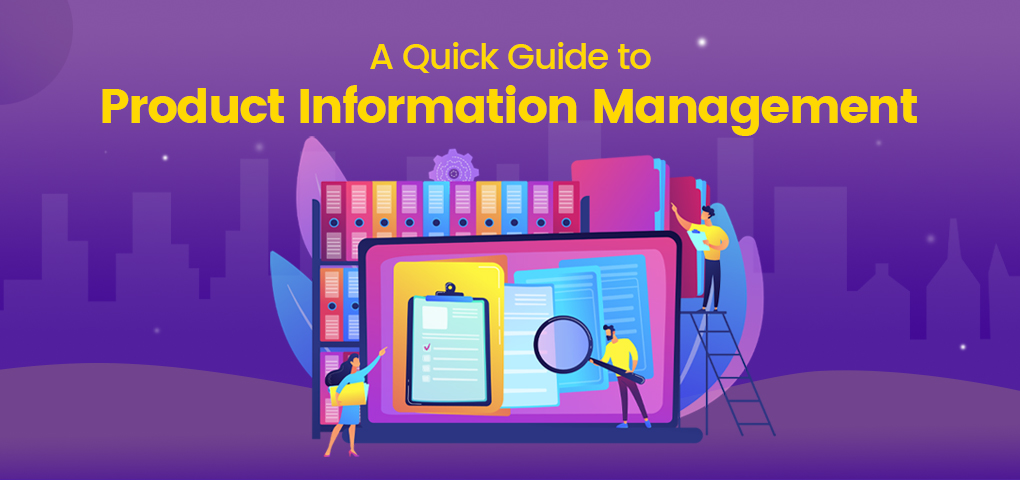Before running a dropshipping business, you need to purchase goods from a supplier or a third party. The quality of the goods and the services rendered by the supplier will determine how successful your business would be. This makes supplier management in dropshipping a crucial topic.
A lot of dropshipping businesses have folded up due to poor supplier management processes. They fail to engage, manage, and communicate with suppliers effectively. As an online merchant, if you happen to be affected by poor supplier management, we have created this guide to show you everything about supplier management in dropshipping.
What Is Supplier Management?
Supplier management is the process by which an online merchant pays its suppliers to ensure maximum value is received for the money. Both suppliers and businesses ought to establish a solid relationship, engage properly, and effectively to ensure the smooth operation of the organization.
Importance of Supplier Management
Though this topic might seem easy to comprehend, there are key factors driving supplier management in dropshipping that you need to understand. They are:
1. Online merchants and organizations need suppliers to match industrial standards to achieve top performance levels.
2. As the operational scale increases, there will be increasing needs for both the best local and international dropshipping suppliers.
3. Managing supplier data is needed to provide insight on how to improve supplier management.
4. Establishing a long-term supplier-organization relationship will enable both parties to cooperate and share ideas on how to maximize performance in the long term.
5. As supply chains increase for an online merchant, its suppliers' base ought also to increase.
6. Poor supplier management would increase the risks of shortage in the supply chain. This could further reduce the organization's performance and make it vulnerable to failure.
7. Effective supplier management in dropshipping is needed to enable online retailers to identify and improve aspects of their business processes that can provide them a competitive advantage.
5-Key Aspects in Supplier Management
1. Supplier relationship management (SRM)
Supplier relationship management is the methodical approach a business takes in identifying tactics to optimize their performance, assessing supplier impact on success, and developing the methodical approach to carry what has been identified.
2. Supplier performance management
Through the data collated, supplier performance management analyses suppliers' information to ensure it is compliant with the organization's goal and mission.
3. Supplier lifecycle management (SLM)
Supplier Lifecycle Management focuses on the post-contract management of suppliers. It is the strategic approach used to manage only suppliers that have successfully passed through the selection to completion process. Organizations can now recognize the value of these suppliers and see how they can be integrated with the procurement processes.
4. Supplier quality management
Supplier quality management focuses on the improvement and management of the number of goods supplied. This is important to reduce the impact on the purchasing company's business operations.
5. Supplier risk management
Supplier risk management is a process in supplier management where organizations evaluate and mitigate supplier risks to achieve business objectives.
Benefits of Supplier Management System
Now that we understand what the supplier management system in dropshipping is all about, let us how it can benefit your organization.
1. Effectively managing a growing supplier base
To scale your dropshipping business, you need to cooperate with more suppliers. There are a lot of factors that increase the supplier base of an organization. For instance, an increase in globalized business processes, an increase in the scale of operations of the organization, an increase in the complexity of supply chains, etc. As the number of suppliers increases, managing the lifecycle of suppliers becomes more difficult. When have a properly-planned supplier management process will allow your organization to manage the populous of suppliers with ease.
2. Achieve quality control and identify cost savings opportunities
Having well-structured supplier management in dropshipping will enable an online retailer to assess the quality of supplier output and identify cost savings opportunities.
3. Evaluate supplier performance
Supplier management is the best way to evaluate your suppliers' performance. Through supplier management solutions in dropshipping, an online retailer can get insights on supplier compliance because your organization's reputation is dependent on the value created by the suppliers.
4. Improves the organization's supply transparency
With the right supplier management system in place, organizations will have access to supplier data and device strategies on how to improve their supply chain transparency.
5. Track compliance with relevant parameters
A supplier management system in dropshipping helps an organization to evaluate whether or not the supplier fulfills specific set parameters to derive maximum value.
6. Build a supplier management process
Through supplier management solutions, an organization can identify the need and employ strategies to manage the lifecycle of the engaged suppliers.
7. Build development programs to support suppliers
Supplier management can help your business design development programs to improve suppliers' performance.
8. Leverage supplier relationship management
Collaborating with your suppliers gives them an open invitation to decide what your business needs and how to strategize on achieving the organization's set goals.
9. Identify and mitigate supplier risk
Assessing and mitigating supplier risk is another essential benefit of having well-planned supplier management for your business. Supplier management software for dropshipping helps to minimize the impact of supplier risks as well as devise appropriate risk mitigation measures.
5-Steps in Supplier Management Process
The following steps in the supplier management process will guarantee success in your dropshipping business. When you follow these steps meticulously, you will see significant short- and long-term results.
1. Identifying relevant selection criteria for choosing the right suppliers;
2. Identifying the set of business goals and objectives;
3. Assessing supplier performance;
4. Assessing and selecting suppliers;
5. Negotiating and contracting with the only selected supplier(s).
Dropshipping with SaleYee.com
If you're considering working with more dropshipping suppliers, don't miss the SaleYee Dropshipping Platform, which is one of the best free dropshipping suppliers for the better development of your online business. So far, SaleYee.com is chosen by over 30,000 suppliers and retailers. On SaleYee, you don't need to contact the suppliers one by one for product sourcing, which makes the supplier management easier.
Apart from free membership and big discounts, over 30,000 profitable SKUs are offered - these free product recommendations help to save time on product research for selling on various e-commerce websites. More importantly, each sale of the item can bring great profits. There is also free delivery from local US/UK/DE/FR warehouses, up to 3 months long after-sales periods, and 24/7 customer support!
Call to Action
Supplier management is an essential process in dropshipping. Effective supplier management process ensures that several criteria are met to maximize the value of those activities. Both online merchants and suppliers have to engage effectively to achieve business goals.
We have already outlined the aspects and benefits of effective supplier management. Online merchants should ensure to collaborate with the suppliers and also build a long-lasting relationship along the line for smoother business operations.

